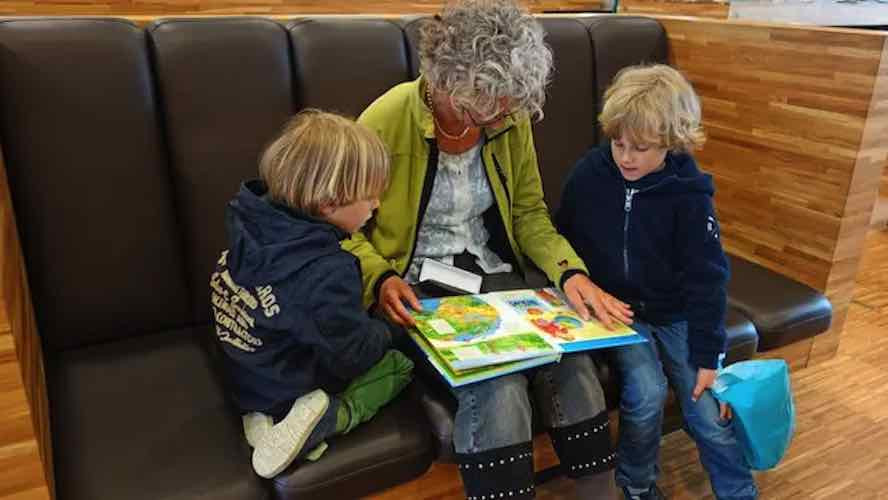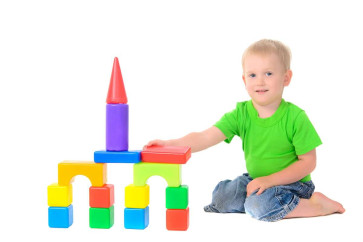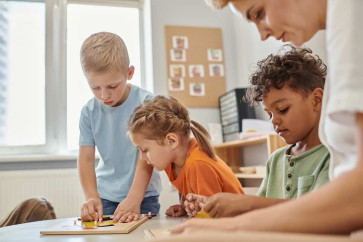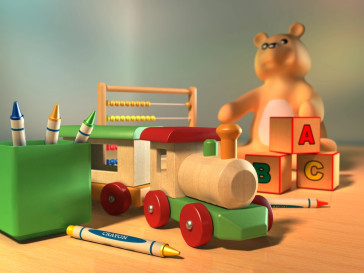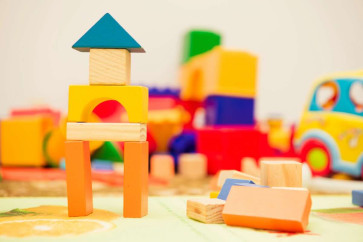Language development is one of the most exciting aspects of a baby's growth. Hearing your child say “Mama,” “Dada,” or even the family pet’s name for the first time is unforgettable! While language skills develop at their own pace, there are fun and engaging ways to support your child’s journey toward communication. Here are nine proven tips to help promote language development in babies.
1. Keep Talking Constantly
One of the most effective ways to support language development in babies is through constant exposure to words and conversations. Narrate your day to your baby, describe your activities, and share stories. This can feel unusual at first, but even simple phrases like “We’re going to change your diaper” or “Look at this big, blue sky” expose your child to sentence structure and vocabulary.
Tip: Babies learn through repetition, so don’t worry if you feel like you’re saying the same things often—it’s helping!
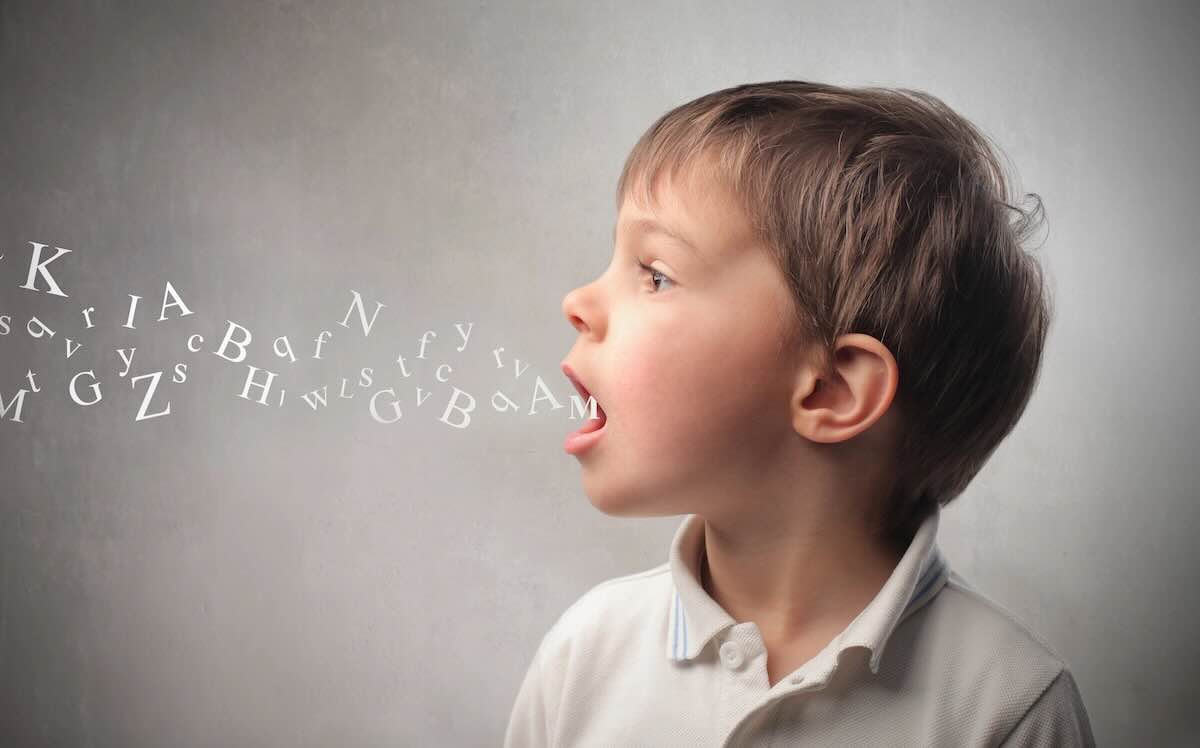
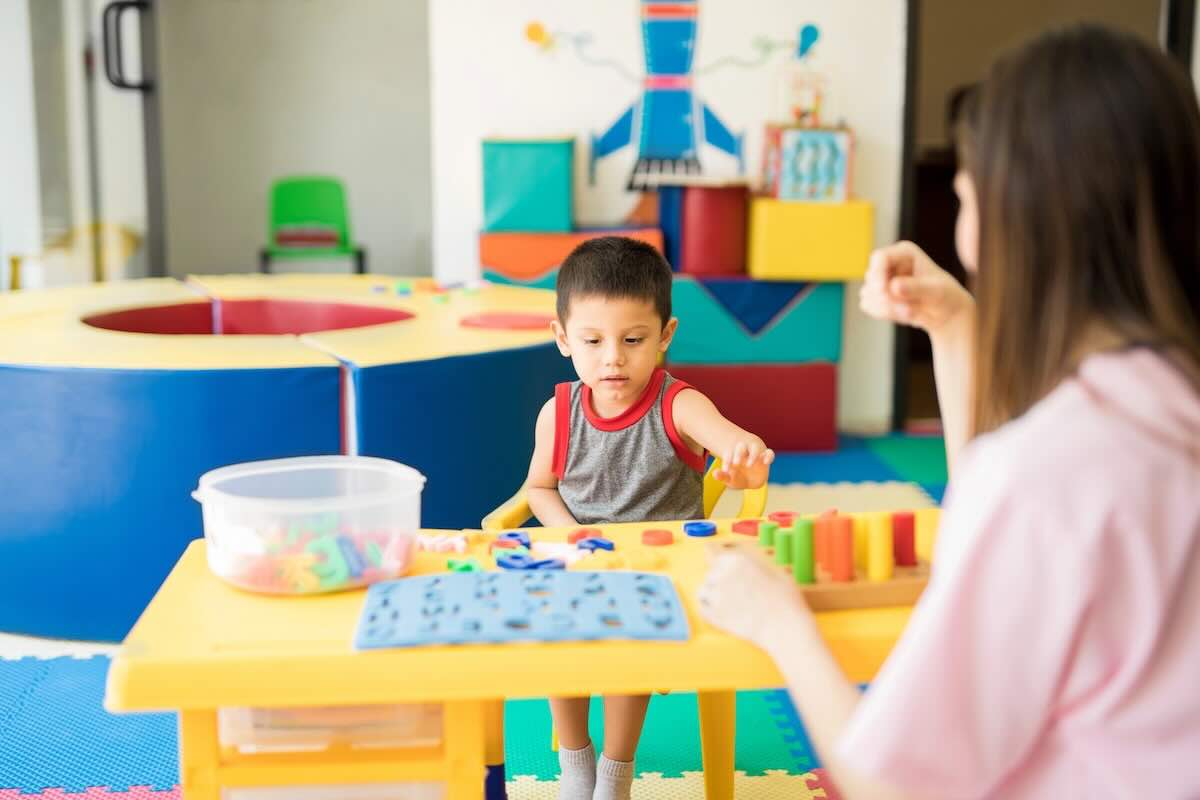
2. Read Books Every Day
Reading to your baby has a significant impact on early literacy and language development milestones. Reading aloud introduces new vocabulary, helps children learn sentence structure, and even instills a love of books. Try to read a variety of stories, from classic tales to short picture books.
Suggested Resource: Personalized baby books add a unique touch by including your child’s name and familiar characters, making reading time even more engaging.
3. Incorporate Music into Their Routine
Music is a fantastic tool for language development. Songs with repetitive lyrics and melodies make it easier for babies to recognize words and rhythm. Sing nursery rhymes or play different genres of music to expose your baby to diverse sounds and vocabulary.
Pro Tip: Create a simple playlist of classic nursery rhymes or children’s songs and play them during playtime or while driving.
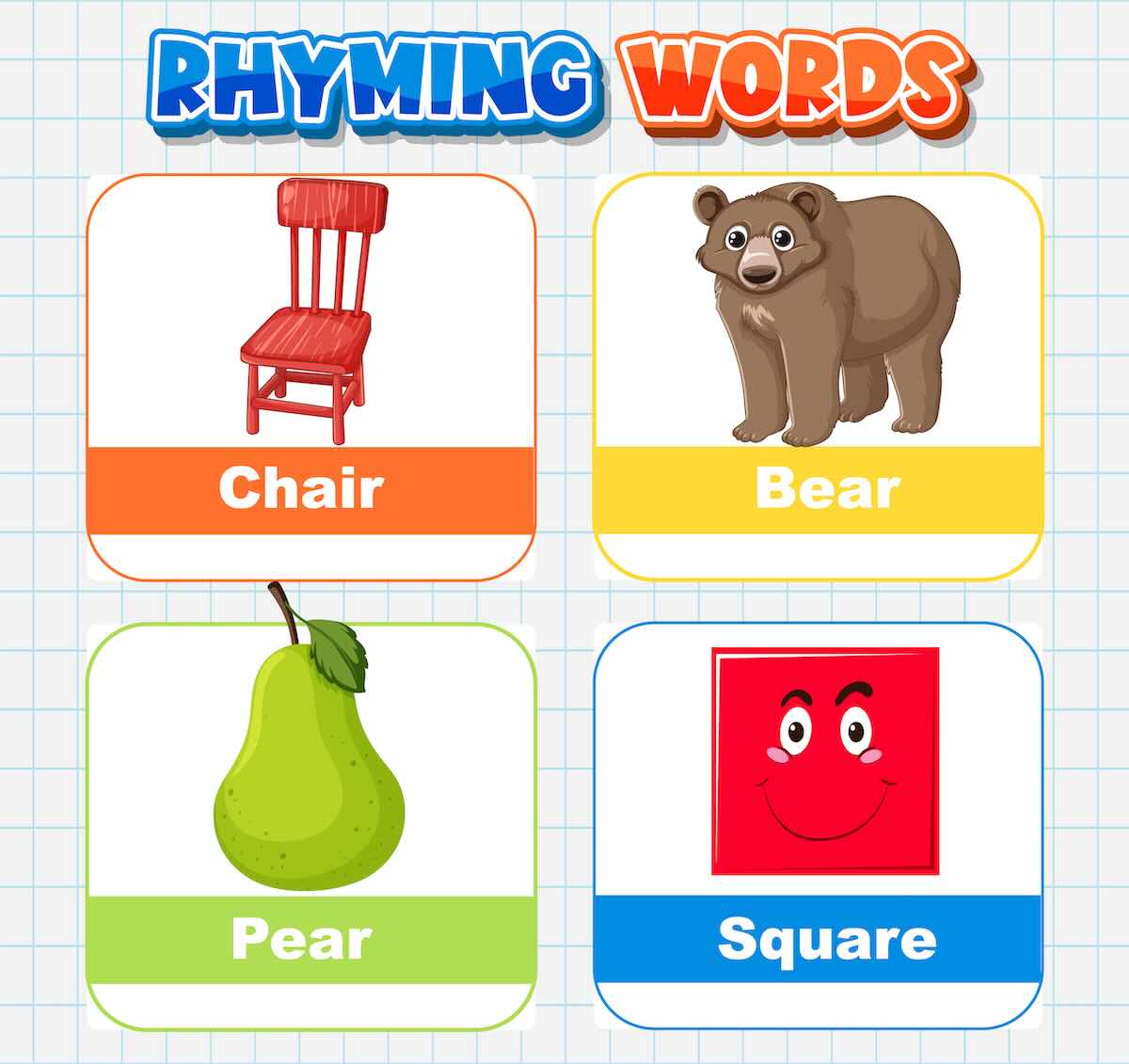
4. Focus on Your Child’s Interests
Babies are more likely to engage in communication about things they find interesting. Notice what your child is drawn to, such as animals, colors, or toys, and talk about these topics. Use descriptive words to add more context, like “This is a soft teddy bear” or “The red car goes fast.”
Bonus Tip: Find books or toys related to your baby’s interests to keep them engaged in learning new words.
5. Encourage Language with Positive Reinforcement
As your child experiments with sounds and words, resist the urge to correct every mistake. Instead, use positive reinforcement by repeating their attempts with the correct pronunciation. This helps them feel confident and encourages them to keep trying.
Example: If they say “wawa” for “water,” simply respond, “Yes, here’s some water.” This models the word without discouraging them.
6. Take Them to New Places
Exposing your child to different environments provides new opportunities for language learning. Visit parks, zoos, or family gatherings, where they’ll hear a variety of words and conversations. These experiences help them learn context and observe social interactions.
Try This: At each new place, point out and name different objects or animals, like “Look, a lion!” or “This is a tall tree.”
7. Engage in Conversations (Even if They Babble)
Encourage two-way communication by asking questions and responding to your baby’s babbles as if they’re talking. This gives them practice in the flow of conversation, even if they aren’t yet using real words. Over time, they’ll understand the rhythm of back-and-forth communication.
Suggestion: Ask simple questions like, “How are you feeling?” or “Do you see the bird outside?” and wait for them to respond in their own way before replying.
8. Use Simple Toys to Build Vocabulary
Simple toys, such as stacking blocks, animal figurines, or sensory balls, can support language development by providing a basis for descriptive language. As your child plays, talk to them about the toy’s colors, textures, and shapes, or create little stories around the toys to boost their vocabulary.
Product Suggestion: Explore our selection of educational and stimulating baby toys that encourage language-building through play.
9. Repeat, Reinforce, and Keep It Fun
Repetition is essential in helping babies understand and learn language. Reinforce words and phrases often, and keep the experience enjoyable by using expressive tones, playful gestures, and positive feedback. Babies are more likely to engage in language development activities when they’re having fun.
Remember: Every baby develops at their own pace. The goal is to create a supportive and encouraging environment where they feel excited to try new sounds and words.
Key Takeaways
- Talk Constantly - Narrate daily activities to expose your baby to language.
- Read and Sing - Use books and music to build vocabulary and comprehension.
- Be Positive - Encourage language exploration without harsh correction.
- Visit New Places - Use outings as opportunities to introduce new words.
- Engage in Play - Choose simple toys and books to enhance learning in fun ways.
FAQs on Language Development in Babies
1. When should I start talking to my baby?
Start talking to your baby as early as possible. Babies begin absorbing language from birth, so narrating daily activities, describing objects, and reading books from infancy can greatly benefit early language development.
2. How do I know if my baby is on track with language development?
Language milestones vary, but by around 6-12 months, most babies start babbling and attempting simple words. At 12-18 months, they may say a few words. If you have concerns, consulting a pediatrician or speech therapist can provide guidance.
3. Are there any specific toys or books you recommend?
Look for toys that encourage interaction, like sensory blocks or animal figurines, and books with simple, repetitive language. Personalized storybooks with your child’s name and interests can also make reading more engaging.
Final Thoughts on Supporting Language Development
Promoting language development in babies is all about creating a supportive and engaging environment. By talking to your baby, reading books, singing songs, and exploring new places together, you’re helping them build the foundation for communication and literacy. Remember, every baby’s journey is unique, so enjoy the process and celebrate each milestone as it comes!

